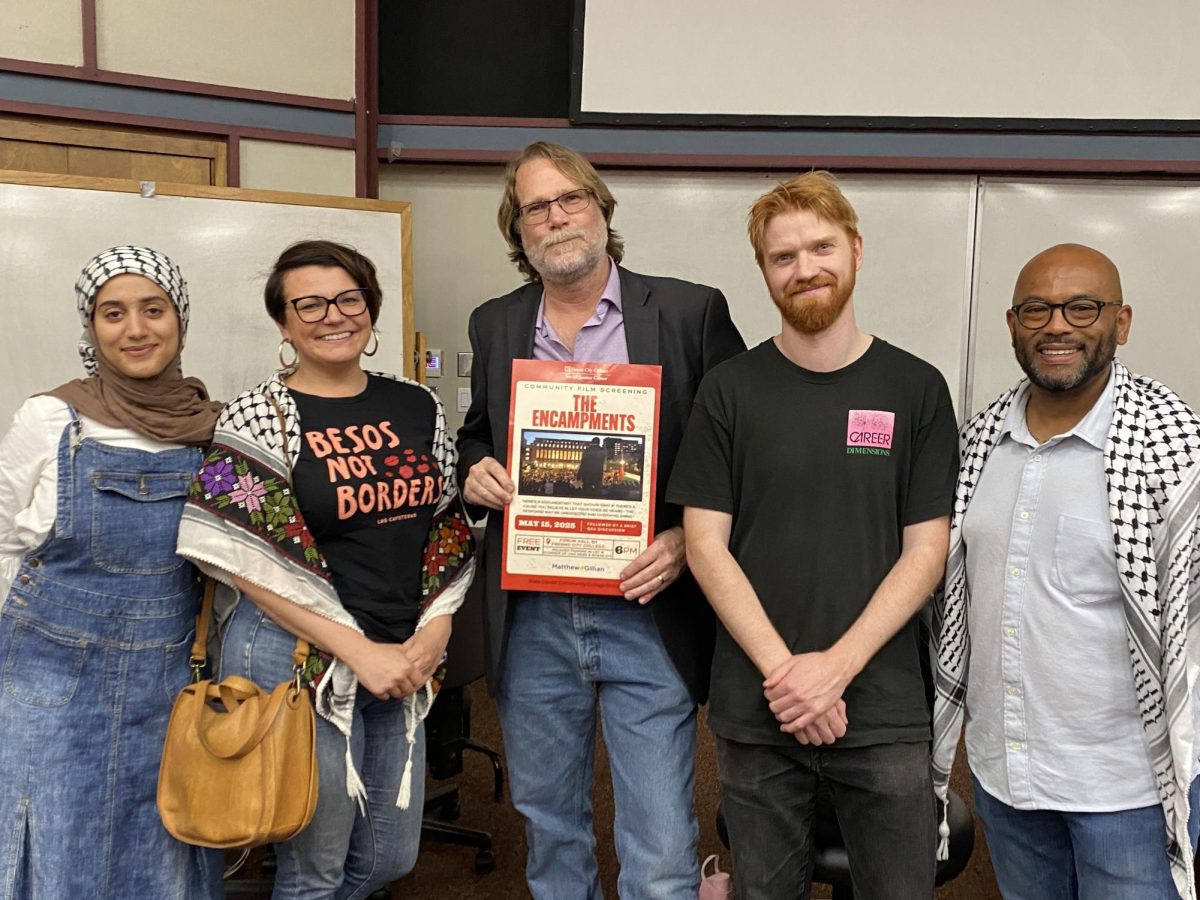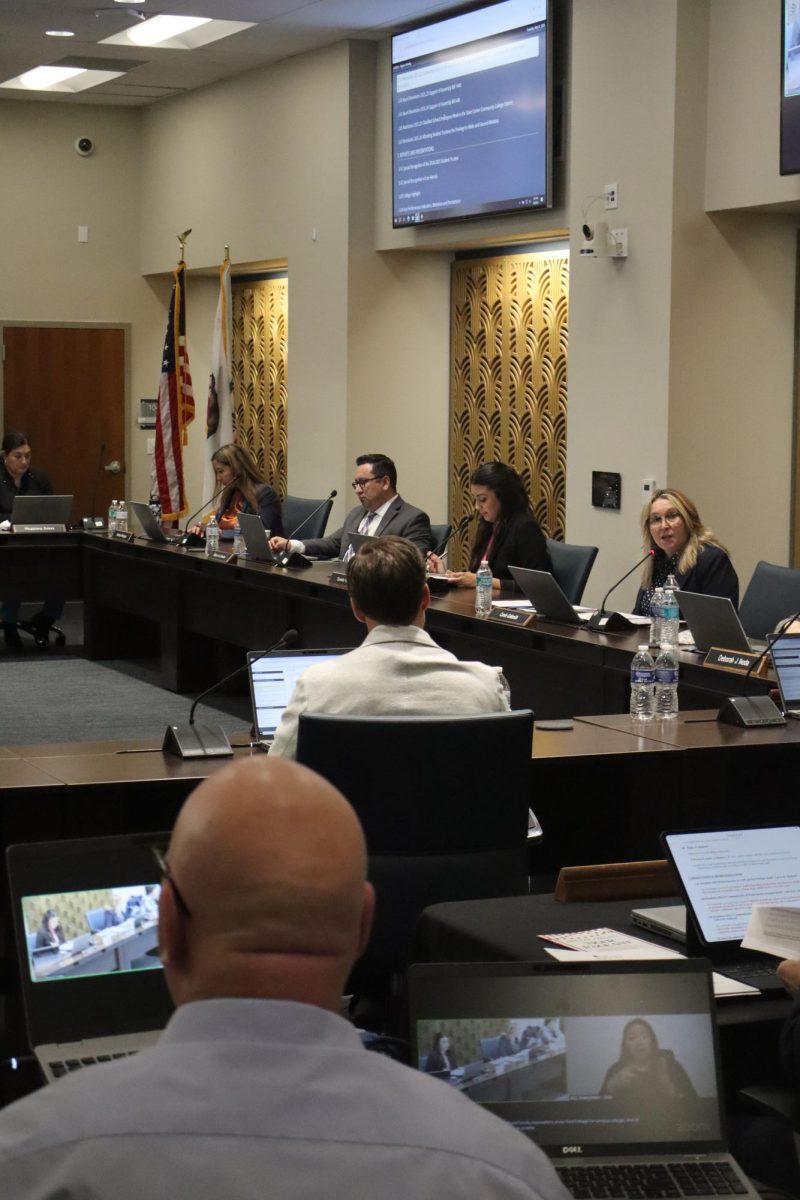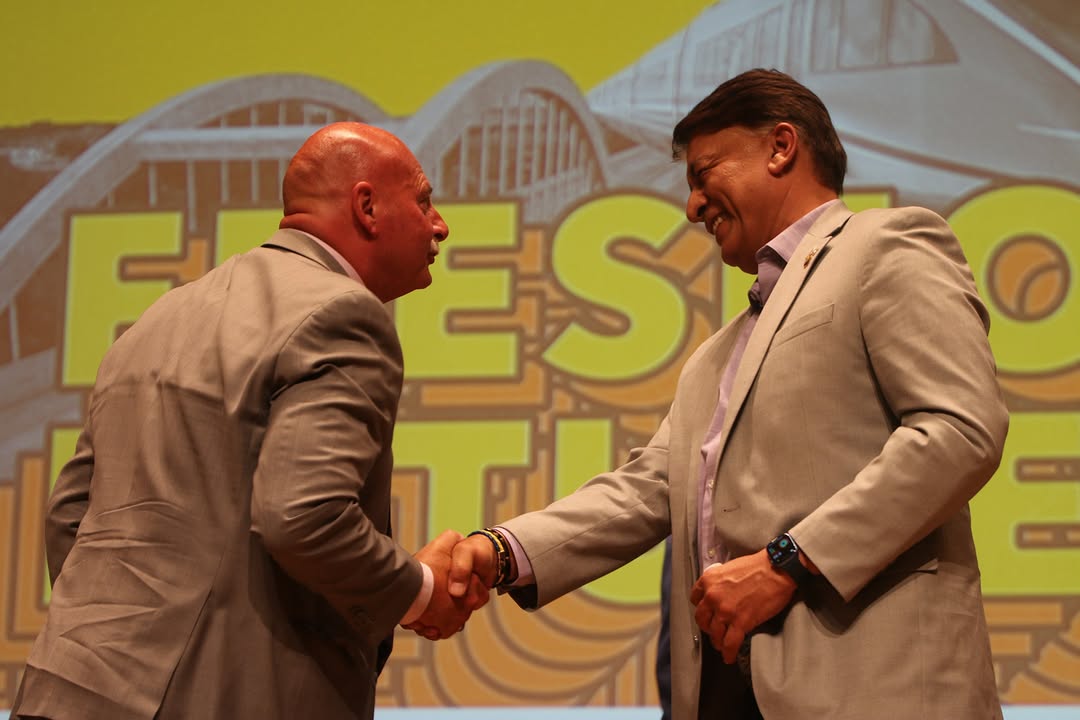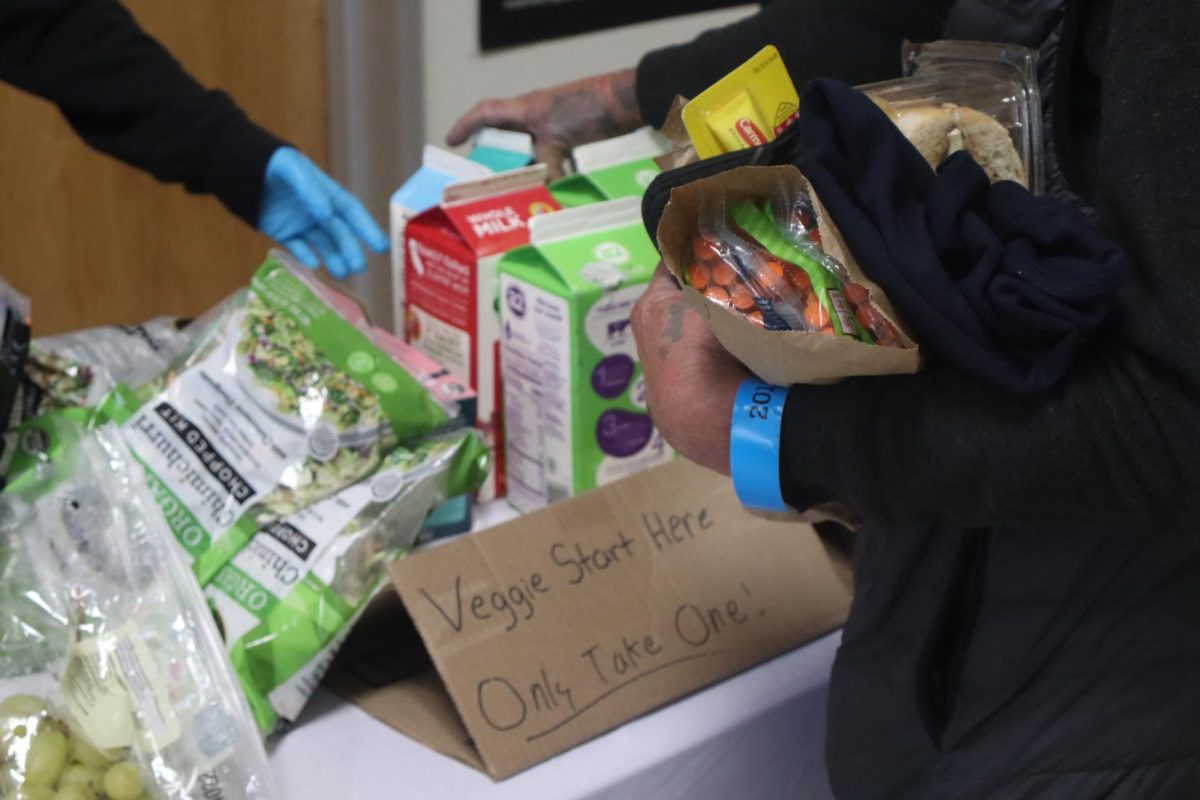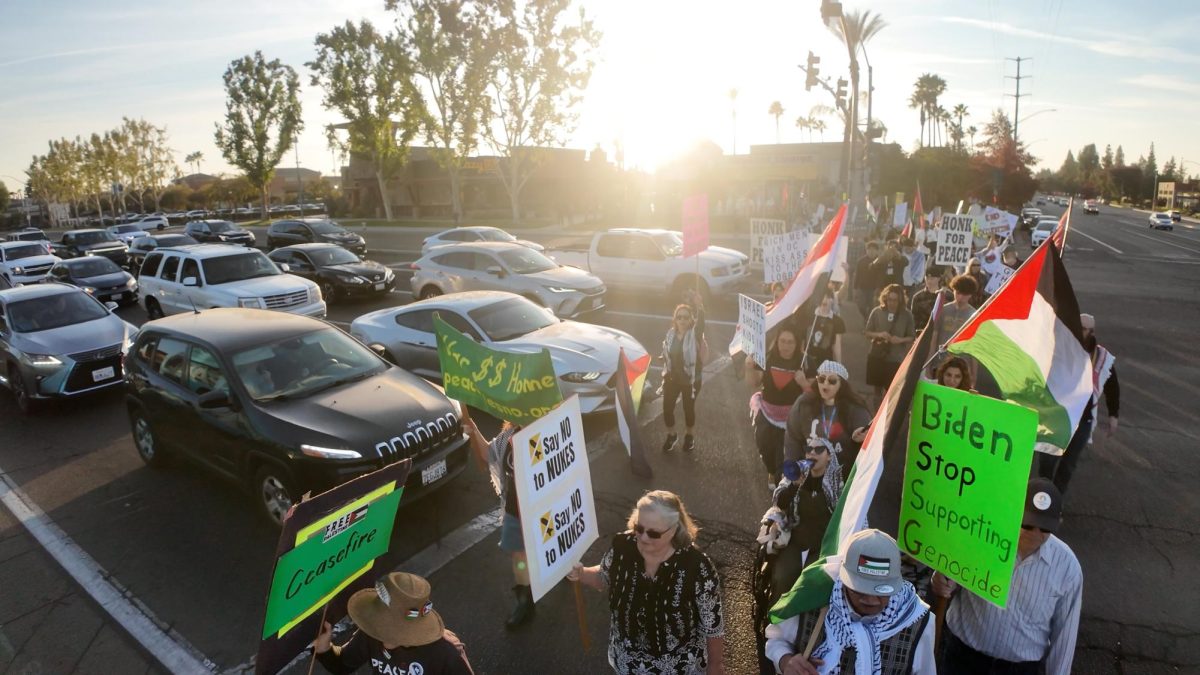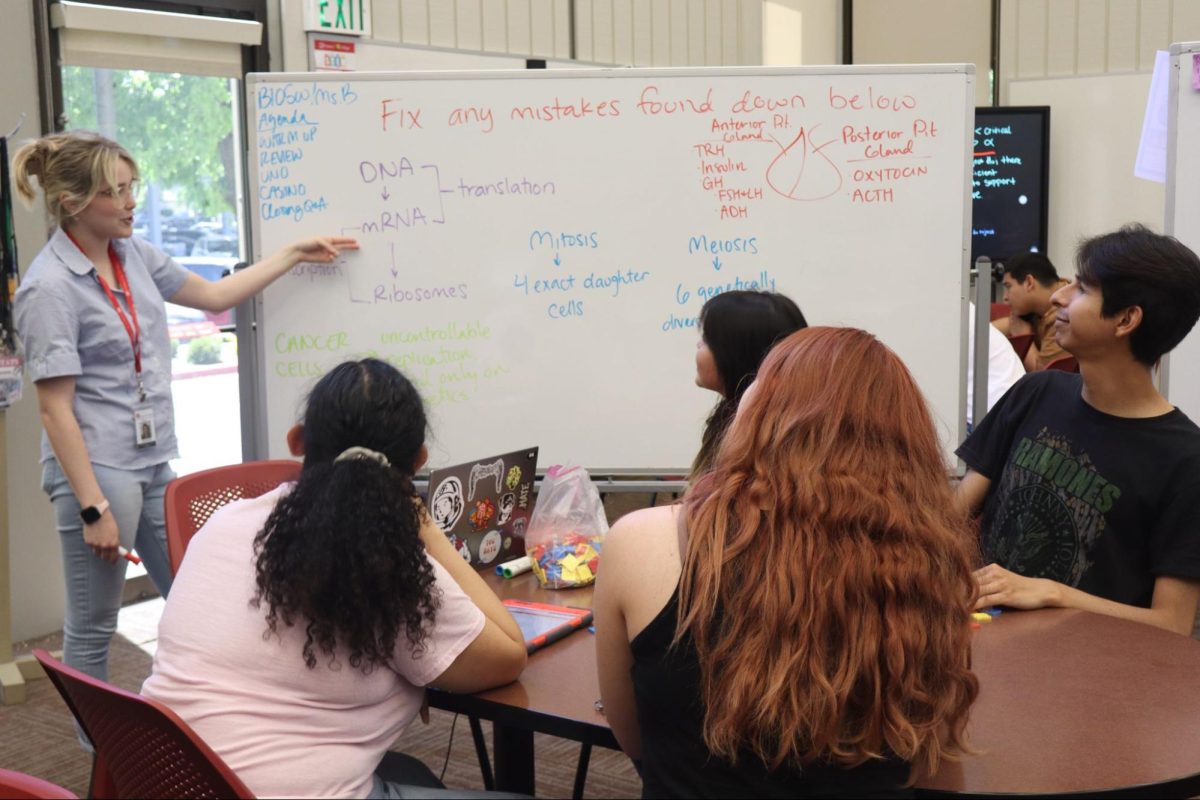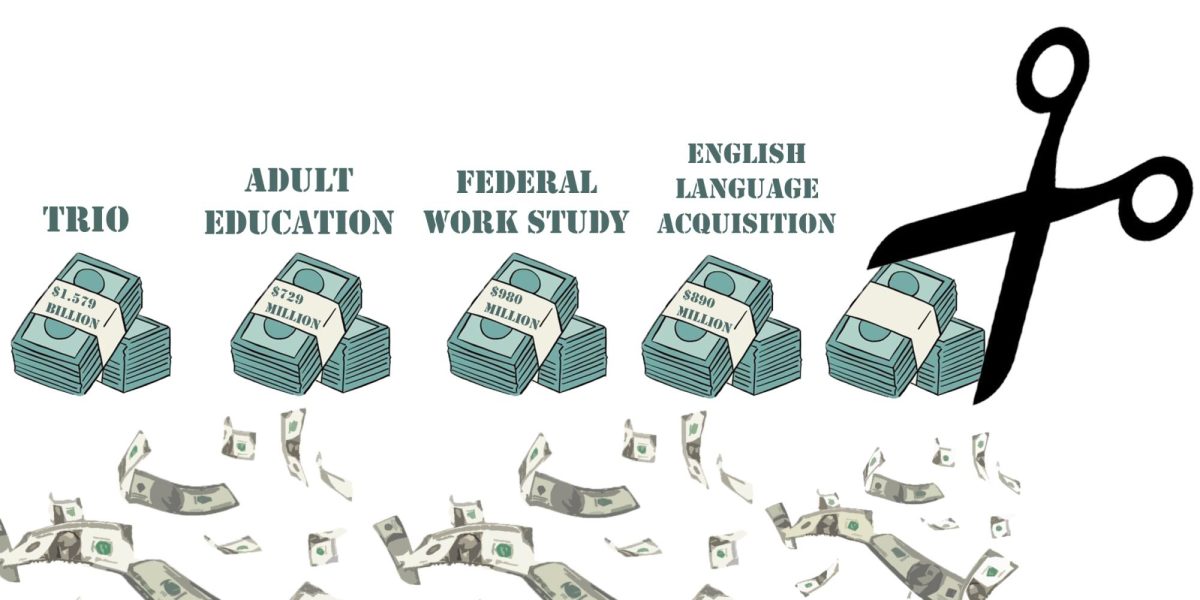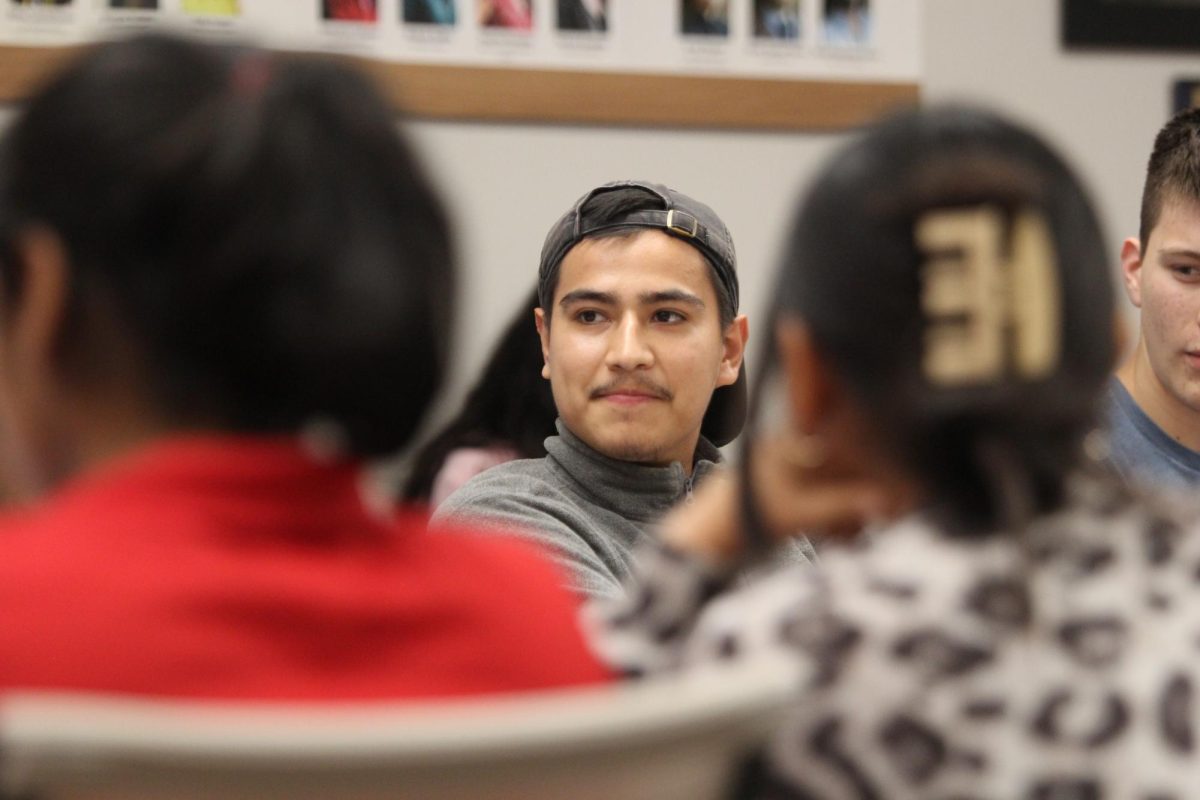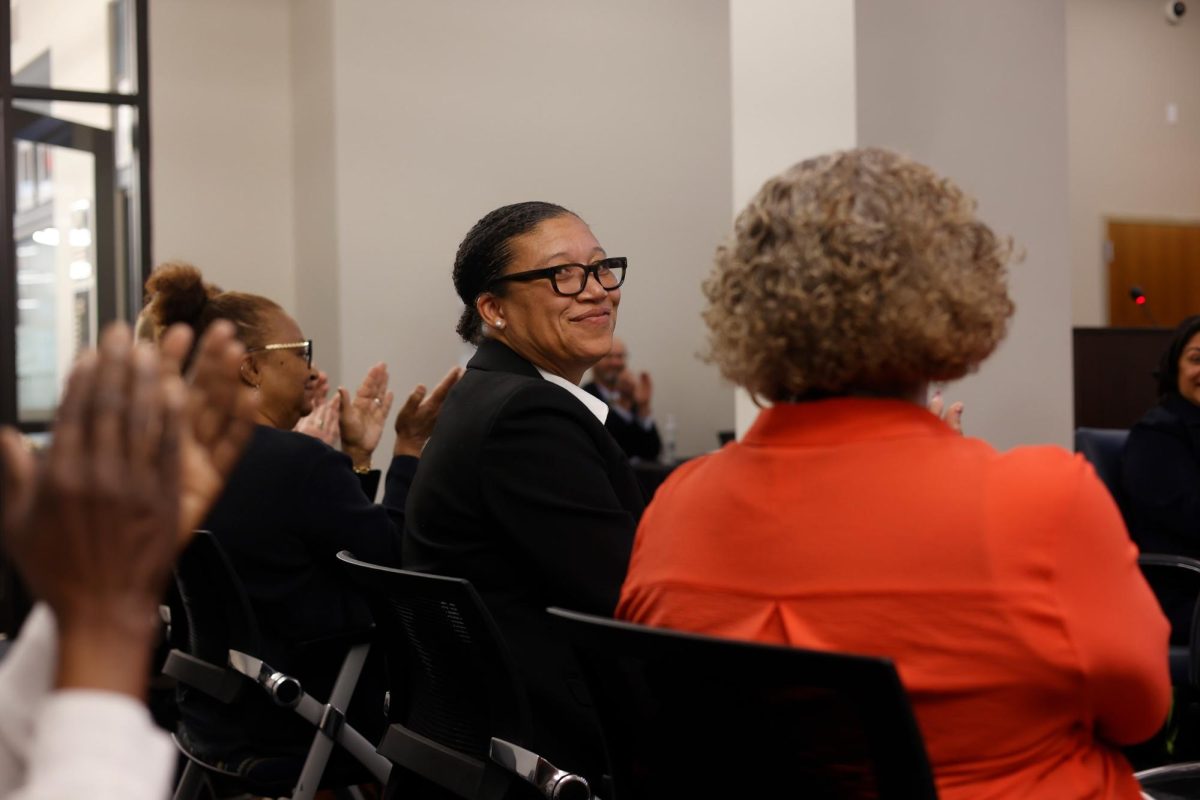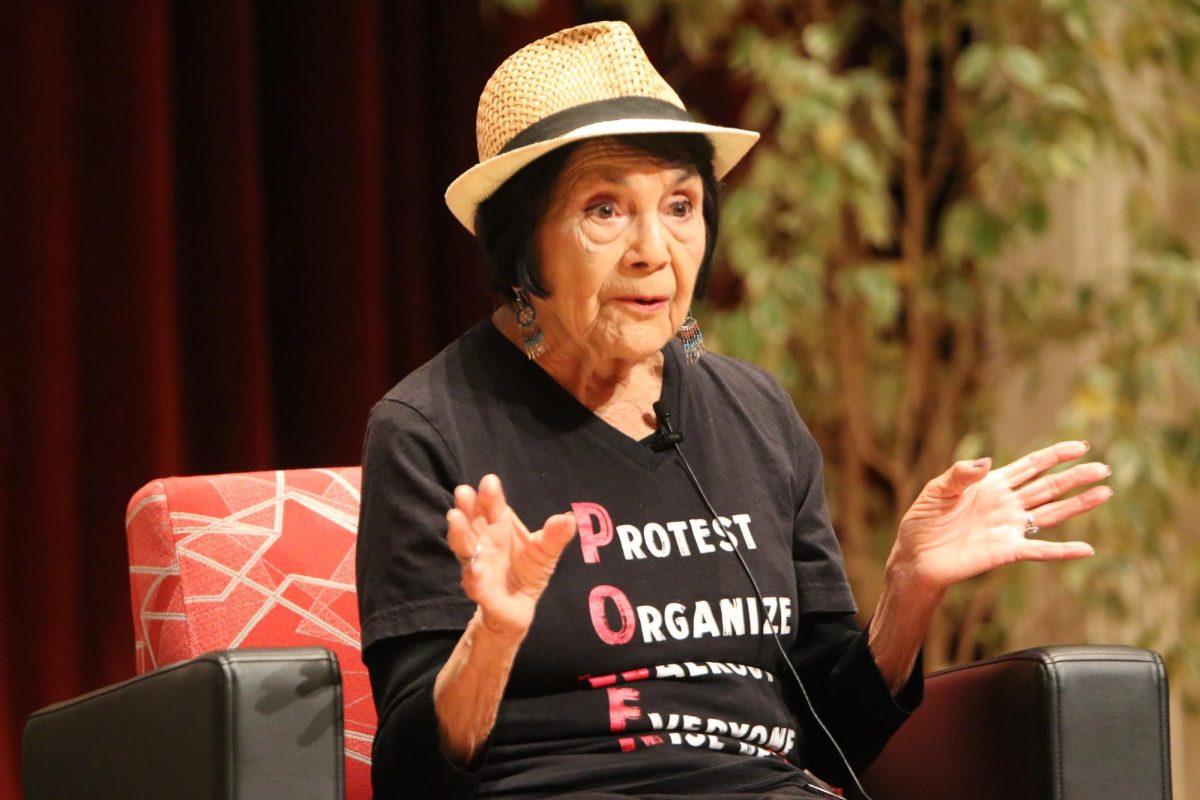The stereotype of the returning war veteran sporting long hair, a scraggly beard and tattered denim clothes — perpetuated by films such as: “Born on the Fourth of July” and “Forest Gump” is long gone. Today’s returning soldiers vary in age, race, disposition and even the manner of dress. Some veterans wear their military gear after their time is up while others decide to go through life without mentioning their time in the service.
No matter how veterans decide to conduct their lives after service, they still live with many traits that only they know well. They are members of an exclusive fraternity that many civilians will never understand. While Membership to this fraternity may be useful during deployment, it can create conflicts upon return and assimilation into civilian life for these men and women.
According to the Department of Veterans Affairs information, California is home to 1,844,803 veterans who served in various combats, from World War II to the recent wars in Iraq and Afghanistan. Consequently, the state’s institutions of higher learning have a high number of veterans enrolled. These men and women are using their G.I. Bill to obtain college degrees at California State Universities and community colleges throughout the state.
The Veterans Center certifies an average of 480 veterans students per semester. Mary Alfieris, a veterans certifying official at FCC says that the office processes many more students that don’t meet requirements from the Veterans Affair office in Muskogee Ok.
TRANSITION TO “NORMAL” LIFE
According to the Veteran Affairs website 31.3 percent of male veterans between the ages of 17 to 24 are enrolled in college while 38.1 percent of female veterans between ages of 17 to 24 are enrolled in college.
The Iraq War ended in 2011 after nine years of fighting and the Afghanistan War is being wrapped up in 2014.
More veterans are going to be returning to their homesteads and enlisting in college and training facilities which makes the issue of returning soldiers a bigger concern for all.
Soldiers return to many benefits from the Government such as the G.I. Bill which pays for schooling for veterans and priority registration at colleges, but these veterans also face many difficulties on their return, hardships which many of them may not be prepared to endure.
While the idea of soldiers returning to school is beneficial for many, bigger issues arise when soldiers come back and have a hard time transitioning back to civilian and student life from their military experiences.
“It took me like a month to talk without swearing every word but I got used to it,” said Ron Anderson, a 26-year-old Fresno City College student who served in the Army for six years as Military Police in Iraq.
“The way you interact with others [during deployment] is very different as well. You pretty much swear every other word.”
Anderson said it is difficult to adjust from the military life he had become accustomed to to some aspects of life in the “normal world.”
“It’s kind of weird, the whole mentality of the military is very different,” Anderson said.
Others experience heavier problems upon returning to civilian life. Erich Simrock, is a marketing major at FCC and a 20- year-Air Force veteran. Simrock is back at school, thanks to a program offered by the Veterans Affairs office.
Simrock says he never thought he would be back at school after his service in the military.
Even though things are looking good for Simrock as he pursues his degree at FCC, he remembers the depression he suffered after his time in the military and the four long years it took him to overcome it.
“You think you can just roll right in back into it,” Simrock said. “But it’s a whole different world.”
He said, “The civilian world is like a whole different game; [In the military] you do things a certain way; there’s only one way to do it, and civilians don’t work that way.”
Simrock advises returning soldiers to take advantage of any programs that the military offers, including programs preparing people to the transition between the two very different worlds.
Post Traumatic Stress Disorder — A Huge Hurdle
A phenomenon known as Post-Traumatic Stress Disorder, a mental disorder which many returning soldiers deal with and may need to seek help to overcome, is another issue that contributes to the difficulty in the transition between military and civilian worlds.
According to the Veterans Affairs website, “PTSD is a psychological condition that affects those who have experienced a traumatizing or life-threatening event such as combat, natural disasters, serious accidents, or violent personal assaults.”
Despite the term being around since the 1970s, it recently became a larger part of the discourse about how best to help returning veterans re-enter civilian life.
The symptoms of PTSD vary but most often include anger, irritability, rage, anxiety. Sufferers have difficulty trusting and experience problems with authority.
Chris Selby is a navy veteran who served for four years; he attended FCC after his service and now works as a re-adjustment counselor with the Veterans Administration. Selby works on helping veterans cope with the debilitating effects of their time in the service.
Selby has seen the damage that PTSD can cause to returning soldiers and the effect it has on family and friends of soldiers. Selby is also aware of the way that the illness is seen by many veterans.
“In the past, there was a stigma within the military; there was a reluctance to seek treatment,” Selby said, adding that the stigma is related to “military bravado” and a misconception that it is “a weakness to ask for help.”
A recent survey of 600 veterans by Veteransandptsd.com shows that “14 percent of Iraq and Afghanistan veterans suffer from post-traumatic stress disorder.”
The study also adds that many of the soldiers never seek treatment for the ailment.
Selby said that in addition to PTSD, many veterans have difficulty adjusting to life outside of the military.
“They are looking at the person next to them and thinking, ‘how are you going on about this in philosophy class and you live with mom and dad’; there’s that type of anger or resentment,” Selby said.
“I don’t really like to talk about it,[war experiences]” Josh Bailey, a student at FCC, said. Bailey devoted four years in the Navy working as a helicopter pilot; he knows firsthand how veterans can be severely impacted by their time in combat.
“When I was in, I saw too much bloodshed,” Bailey said “A lot of people have had PTSD, fortunately I’ve kept a positive mental attitude throughout my career.”
Bailey said, “I saw some guys come right off the helicopter and within 10 seconds get shot.”
Bailey also sees a difficulty with many people who have trouble transitioning from military to civilian life.
“It’s hard for some to make the transition because they don’t know how to do anything else because the military didn’t teach them how to do anything useful,” Bailey said, “Consequently, they end up homeless or living with mom and dad for the rest of their lives.”
Veterans face other problems, including higher incidence of alcohol and drug abuse as well as self medication which go hand in hand with the feelings of depression. This may lead to issues such as unemployment and homelessness.
A Huffington Post story on Monday, Nov. 11, reported that one in seven homeless people previously served in the military.
Tens of thousands of former service members are already living without shelter and that more than one million veterans are at risk of becoming homeless.
Additionally, according to information on the Coalition for Homeless Veterans website, approximately 62,619 veterans are homeless on any given night, and over the course of a year, about twice that number become homeless at some point.Also, almost 13 percent of the nation’s nearly 1,750,000 of the homeless adult population are veterans.
Approximately 33 percent of homeless males in the U.S. are veterans, and veterans are twice as likely as other Americans to become chronically homeless.
Veterans’ Resources
With all of these dangers looming for soldiers returning from service, there are several programs and organizations available to help soldiers cope with whatever they may need both in and outside of school.
“Be prepared, take everything they give you cause there are a lot of programs out there that pretty much take care of everything” Simrock said of the preparation programs available.
Local veterans are encouraged to use the veterans services at FCC.
Mario Reposo, a long time counselor at FCC, is a veteran who knows what many of the students he deals with are going through. Reposo deals exclusively with veterans and helps them get what they need to succeed in college.
Reposo said that after his service, he also went through depression, insomnia and short-term memory loss Like many other veterans.
“You lose your sense of purpose,” Reposo said. “When you come here, it’s a very alienating environment.”
He said he helps students by trying to help them find “another focus.” This is something that many of the veteran programs focus on assisting students with.
Selby said he tells veterans how important it is to ask for help when life in the civilian world gets too difficult.
“For you to be successful,” Selby said,”you have to have your head be on straight and for you to be able to focus on school and you can’t do that if you’ve ‘come home’ but truly haven’t ‘come home.’”
August Promnitz contributed to the reporting of this story.


